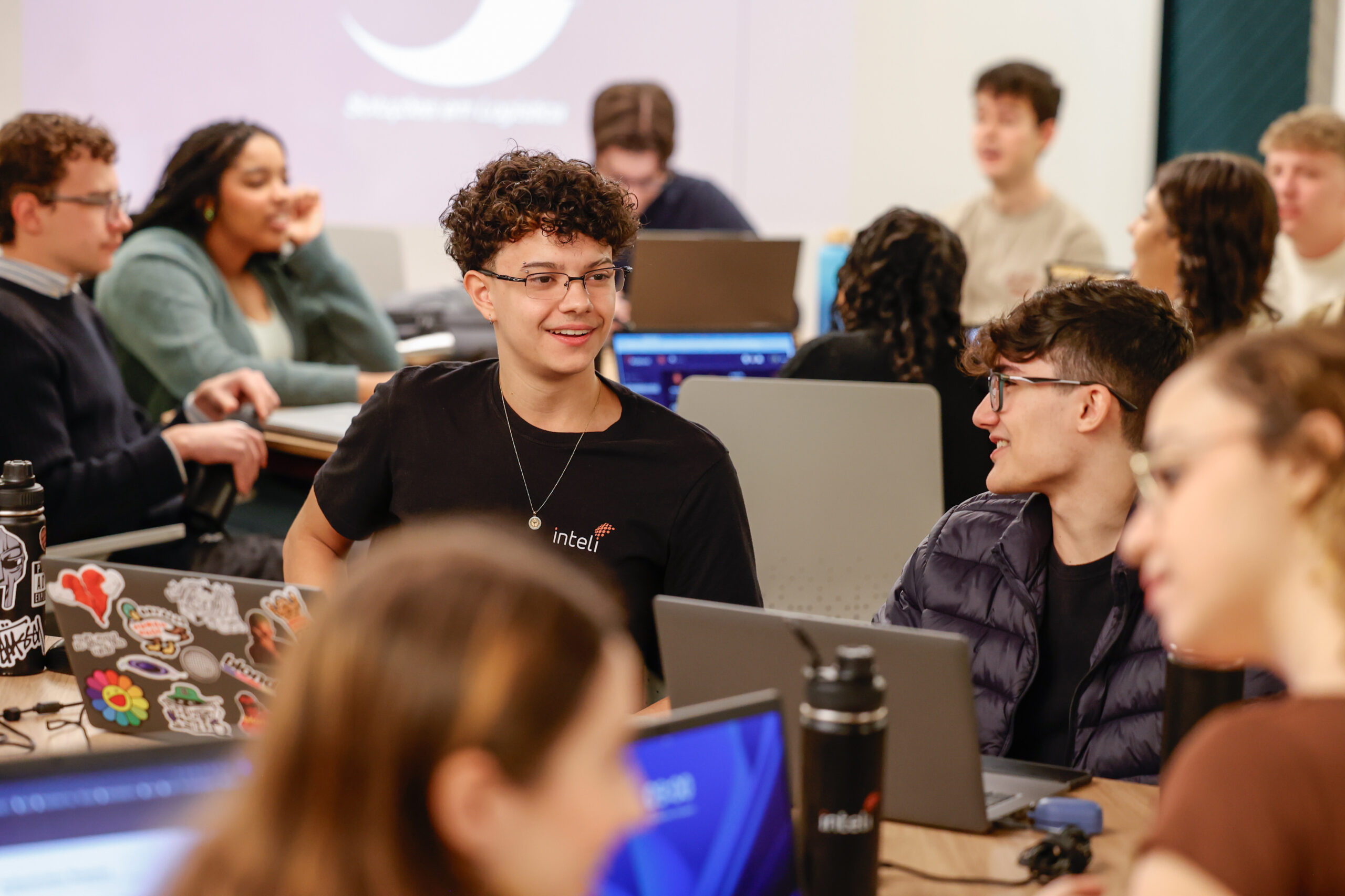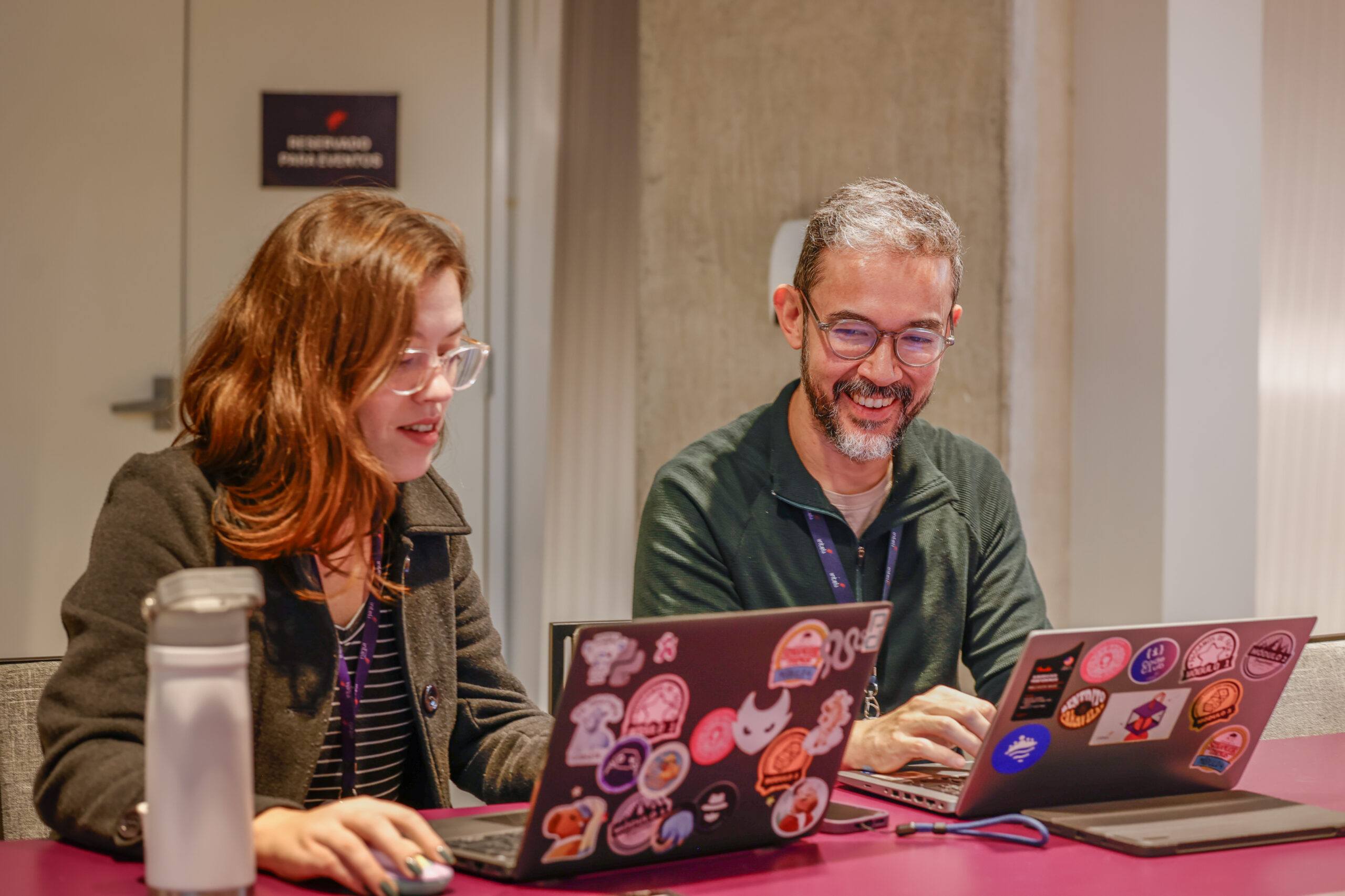This is the reflection proposed by Prof. Julia Stateriin the chapter published in The Palgrave Handbook of Everyday Digital Life.
The study analyzed the application of gamification during emergency remote education in the Covid-19 pandemic, with a special focus on the challenges faced by socially marginalized groups. Although promoted as a solution to increase engagement, gamification, when implemented without considering socio-economic inequalities, ended up reinforcing existing barriers.
The results showed that many students did not have adequate access to technology or a suitable study environment, while teachers dealt with a lack of resources and support. The emphasis on productivity and engagement, without a context-sensitive approach, compromised well-being and widened the digital divide.
The research highlights that any educational technology needs to be thought through critically, taking into account the real conditions of those involved, so that it doesn't perpetuate inequalities, but rather builds more inclusive paths.
Read the full chapter here




